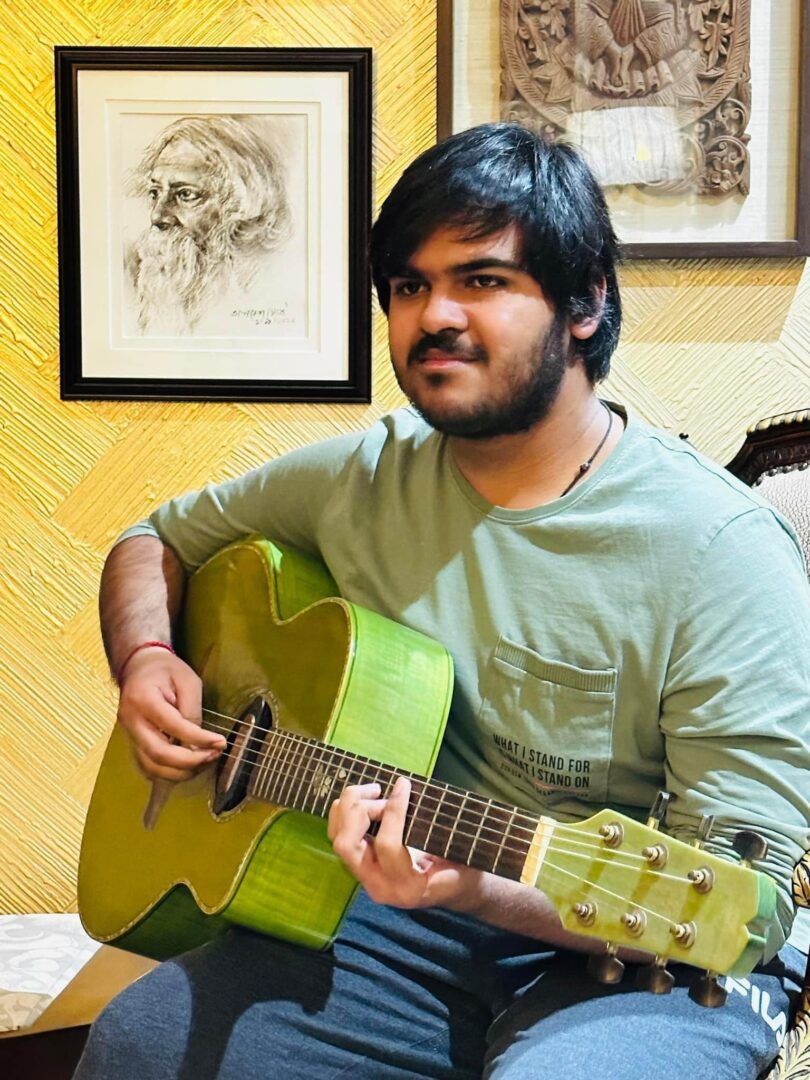We recently connected with Amiya Chowdhury and have shared our conversation below.
Amiya, so great to have you with us and we want to jump right into a really important question. In recent years, it’s become so clear that we’re living through a time where so many folks are lacking self-confidence and self-esteem. So, we’d love to hear about your journey and how you developed your self-confidence and self-esteem.
A large part of my confidence, truly, came from my family. I started studying music at quite an early age, and in a culture where music isn’t particularly viewed as a safe career choice, having a continuously supportive family that praises each sweet note to each grand achievement is an indubitably healthy influence in everything I do. I am also very open to constantly learning, and I believe that there is not one single human being who knows all there is to know about anything – such a mindset keeps me from believing that becoming a professional is a goal kept captive in a tall mountain somewhere, and it simply guides me to keep learning and keep working, ignoring any possible hint that self-doubt may hurl toward me. Life is to learn and be learned.
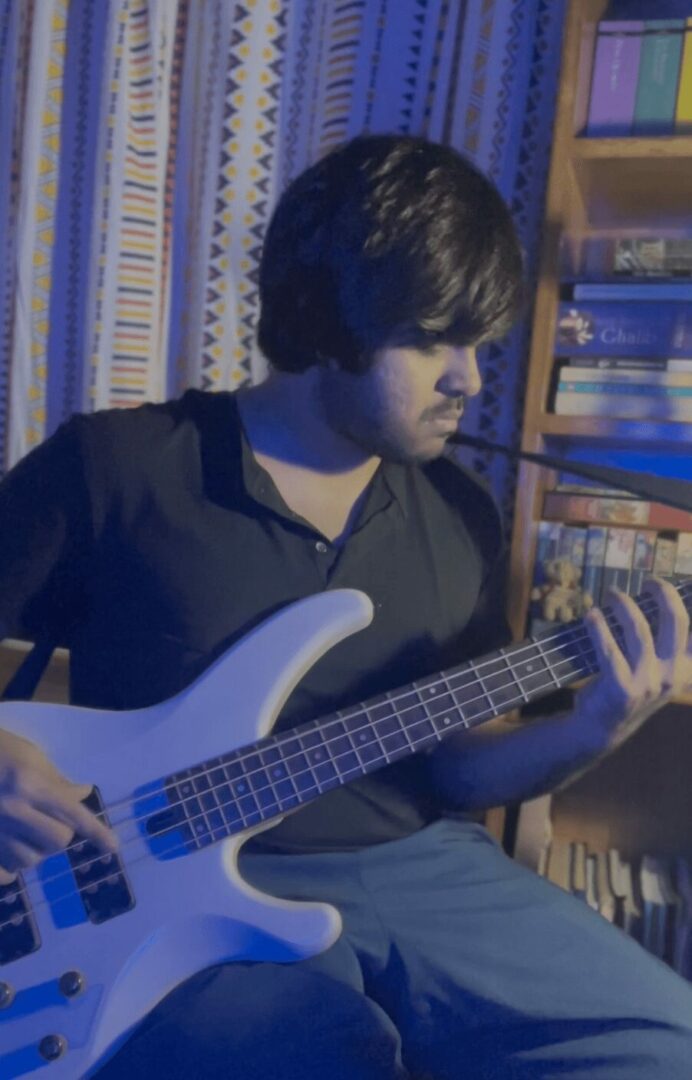
Thanks, so before we move on maybe you can share a bit more about yourself?
I sing and make music, primarily to tell stories and bring people together. I write for the same reasons – both music and literature are grand passions of mine. I have both an Instagram account and a YouTube channel, and I am currently working on some arrangements of music featuring fusions of Eastern and Western influences. I am also working on a site (not yet published) that features my writing, which I am planning to update whenever I finish writing a new story, poem, or reflection: I named the site ‘Many a Melody’.
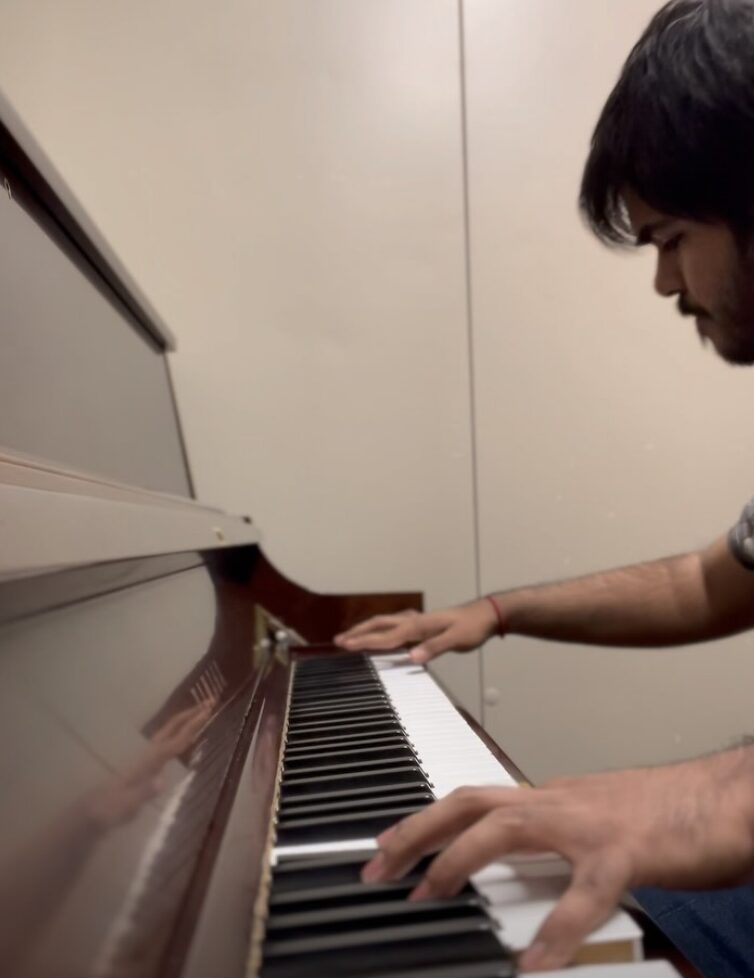
There is so much advice out there about all the different skills and qualities folks need to develop in order to succeed in today’s highly competitive environment and often it can feel overwhelming. So, if we had to break it down to just the three that matter most, which three skills or qualities would you focus on?
Three areas of knowledge: improvisation, interpretation, and imperfection – these were, I would argue, the most impactful learnings in my journey, and I predict will continue to be. Improvisation, being someone who performs, listens to, and is inspired by a lot of jazz music, is one of the most important approaches to making music I ever discovered. For me, being able to consider or build an idea on the spot, not merely in music, but even in literature or other such fields, has allowed me to be far more comfortable performing music and even composing, as I can truly allow the music itself to be a guide to what I am called to express. Both interpretation and imperfection taught me that there is never an “incorrect” way to do anything, nor is there a “right” or “wrong” answer – simply well, or poorly justified ones. To interpret is to allow every possible illustration of a concept to be illuminated, and whether one is more agreeable than another is up to the interpreter to decide and use. Imperfection, specifically, was an expression of freedom, almost – when I first listened to the album ‘Voodoo’ by D’Angelo, the off-kilter grooves and the slightly laid-back style of every musician not only excited me, but became one of the dearest styles I continue to explore in my music-making – imperfections are signs of our humanity, and when used well, imperfections may make a piece of art feel far more human than one which is entirely perfect. A piece of advice I would give to anyone early in their journey would be exactly to explore these three concepts as much as possible, for the reasons I stated: never be afraid to build ideas on the spot sometimes, remember that there is never a “right” or “wrong” answer in art, and sometimes, a few imperfections may not only enhance a piece, but may even be necessary for it.
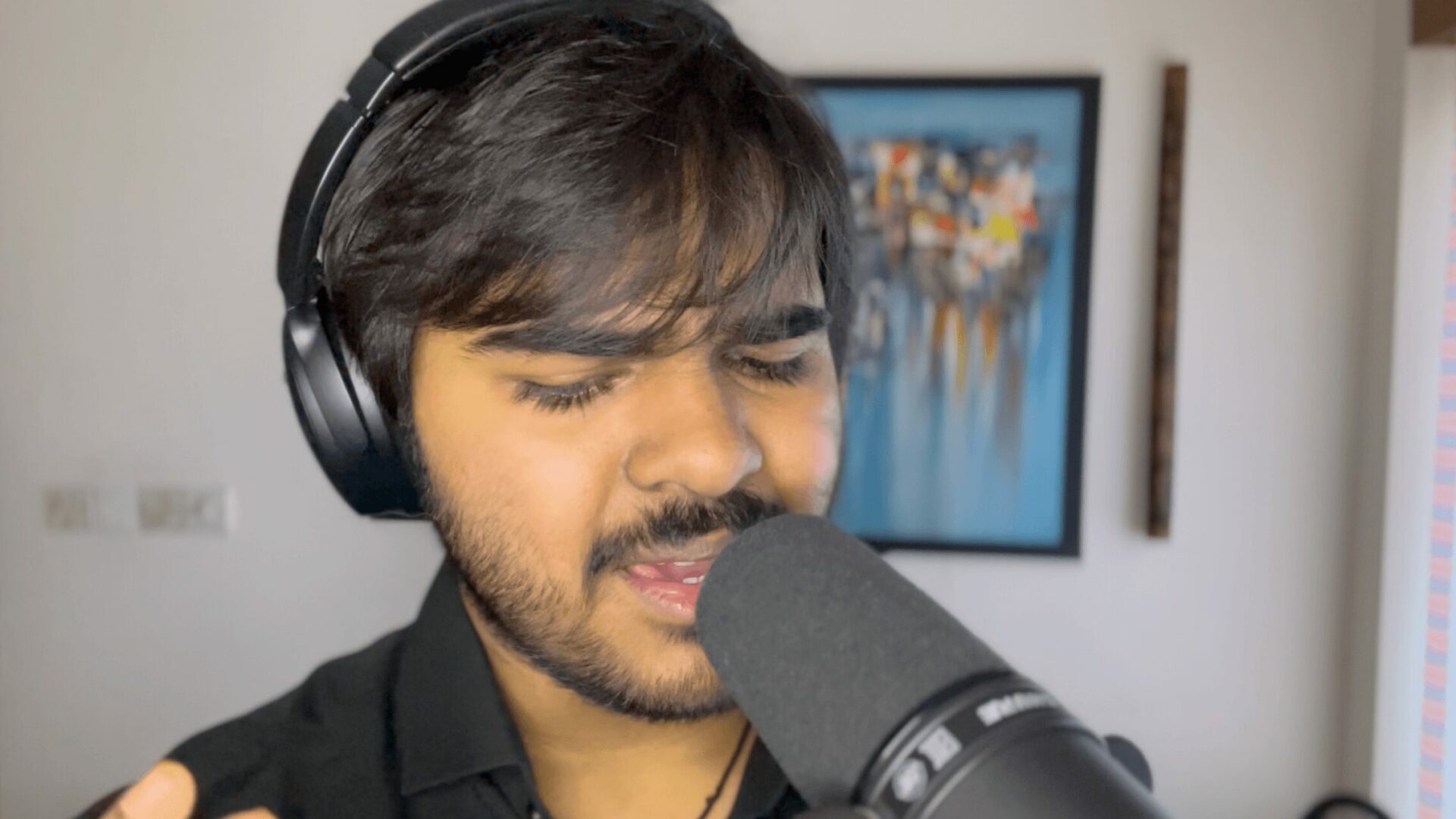
As we end our chat, is there a book you can leave people with that’s been meaningful to you and your development?
One of the most important books I ever read, as strange a choice as this may seem, was ‘Kafka on the Shore’ by Haruki Murakami. The surreal nature of the book was so enticing and bold, I distinctly remember finishing it in the span of two days. It was this brilliantly magical style combined with his verisimilitude that has inspired much of my own writing, and even a lot of my music, as I sometimes compose thinking of certain surrealist scenes or concepts from the novel. However, even philosophically, the novel taught me the majesty of self-expression, particularly being confident in writing not based on the expectations of an audience, but based on one’s own personality – Murakami’s love for music and much other art is evident through his consistent allusions to other literary works and multiple very beautiful and unique references to music – a scene I found quite memorable describes the main character running through a forest as John Coltrane’s interpretation of ‘My Favorite Things’ plays in his head – these passionate descriptions inspired me in such a profound way that I find it impossible not to mention this as one of the most significant books I have ever read.
Contact Info:
- Instagram: https://www.instagram.com/amiyagahanchowdhury
- Youtube: https://www.youtube.com/@AmiyaGahanChowdhury
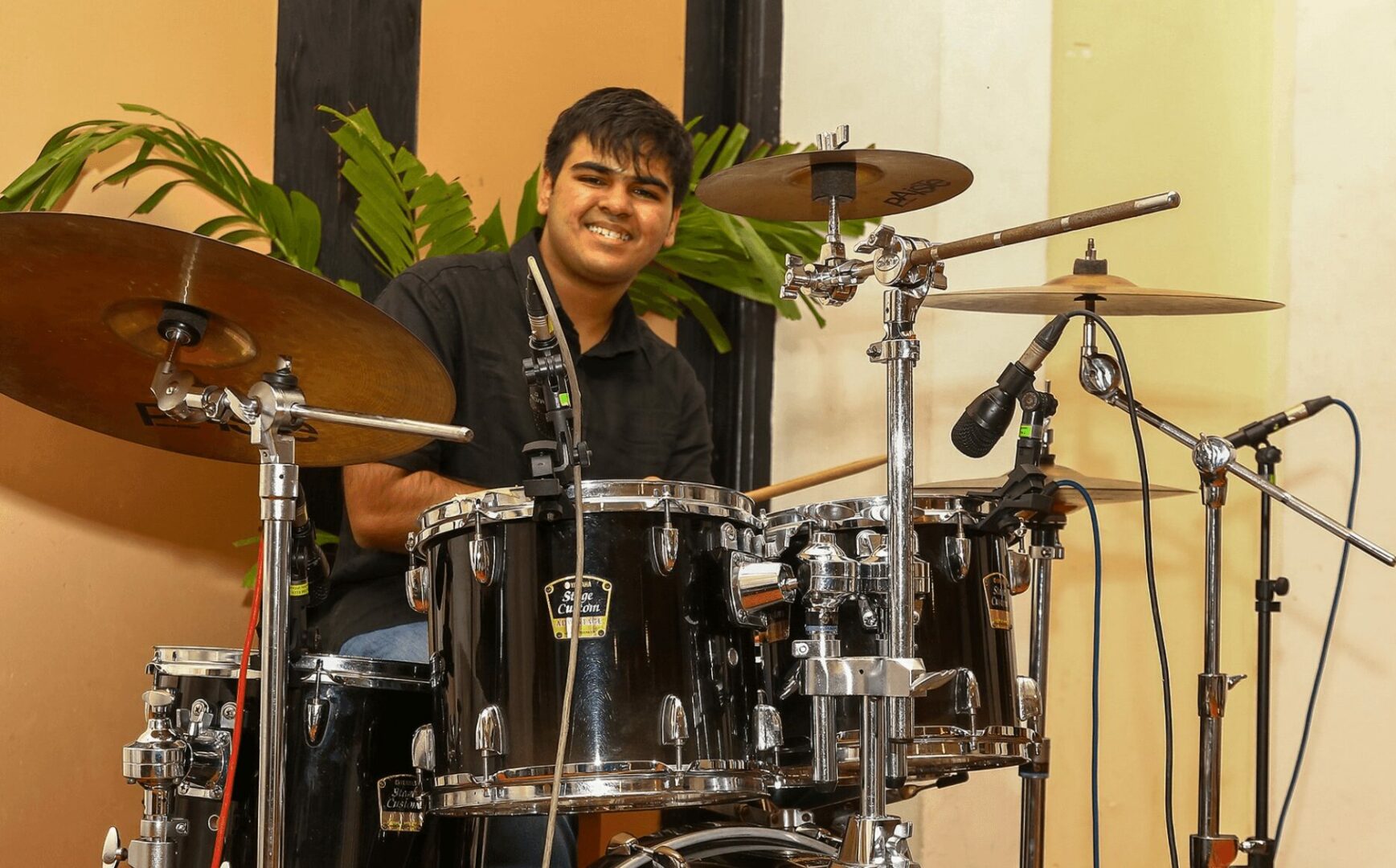
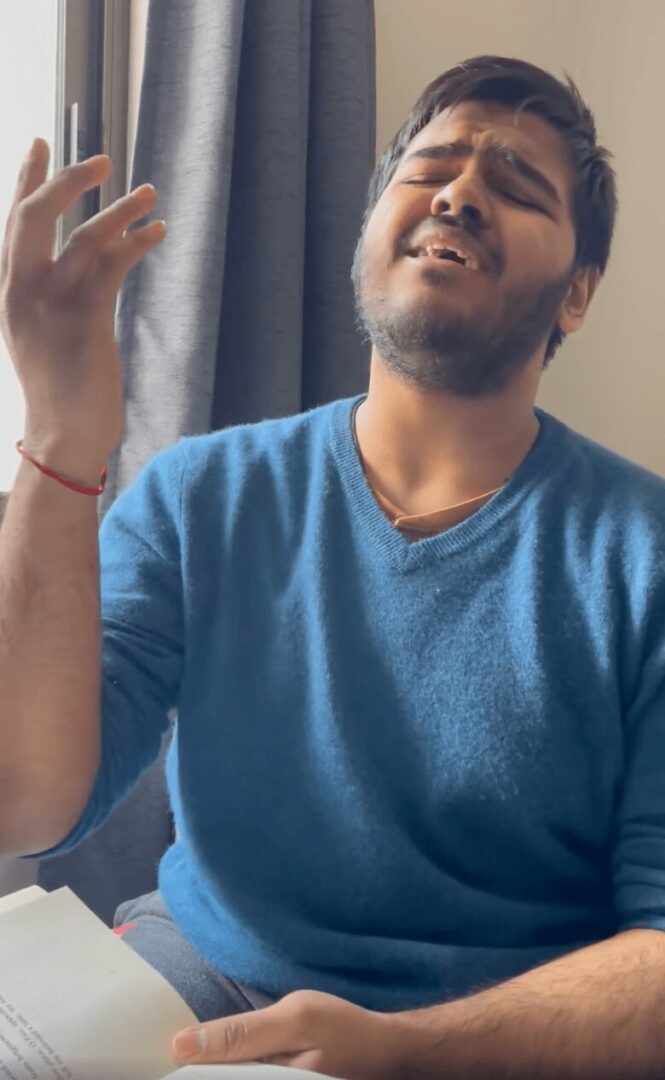
Image Credits
Aishwarya Bishakha Sarker
Subir Kumar Chowdhury
Amiya Gahan Chowdhury
so if you or someone you know deserves recognition please let us know here.

